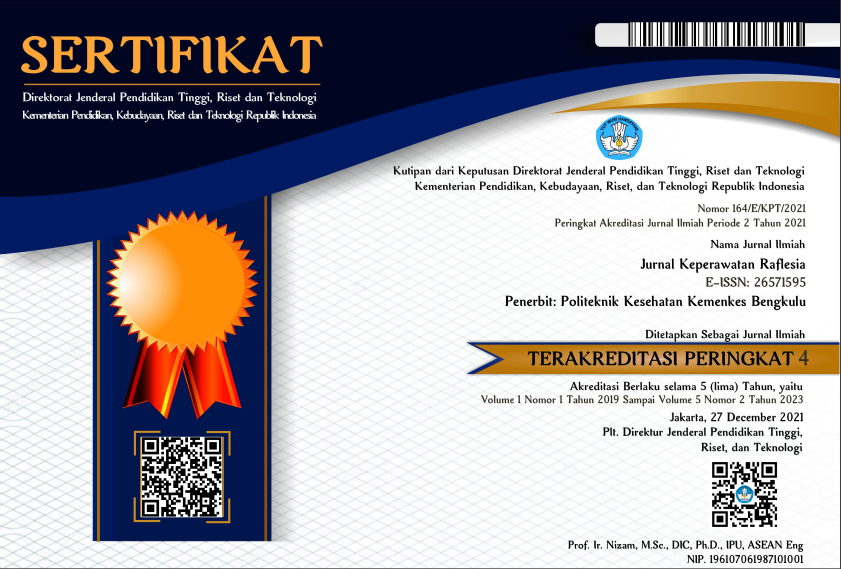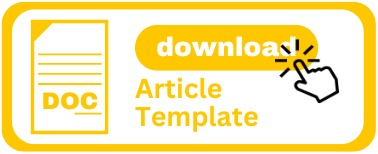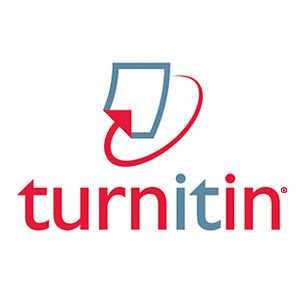Hubungan Pengetahuan dan Motivasi Perawat terhadap Pelaksanaan Early Warning System (EWS) di Rumah Sakit Swasta di Indonesia Tengah
DOI:
https://doi.org/10.33088/jkr.v3i1.624Keywords:
early warning score, implementation, knowledge, motivation, nurseAbstract
Early Warning Score (EWS) is a request system to address current patient health problems that based on patients’ assessment of physiological parameter changes through systematic observation. Inconsistent implementation of the EWS can put patient safety at risk. This study aims to determine the relationship between knowledge and motivation of nurses on the implementation of EWS in the treatment room at a private hospital in central Indonesia. This research was a quantitative descriptive correlational study with a cross-sectional approach. The sample selection technique used an overall sample technique totaling 54 people in one private hospital in central Indonesia from March to April 2019. Chi square test analysis identified that there was no statistically significant relationship between knowledge and EWS implementation (p = 0.161). The analysis also showed that there was no statistically significant relationship between motivation and EWS implementation (p=0.101). Further research can identify factors that influence nurses' knowledge and motivation towards EWS as well as factors that support the implementation of a comprehensive EWS in an inpatient setting.
Downloads
Published
Issue
Section
License
Authors who publish with JURNAL KEPERAWATAN RAFLESIA agree to the following terms:
- Authors retain copyright and grant the Jurnal Keperawatan Raflesia right of first publication with the work simultaneously licensed under a Creative Commons Attribution License (CC BY-NC-SA 4.0) that allows others to share (copy and redistribute the material in any medium or format) and adapt (remix, transform, and build upon the material) the work for any purpose, even commercially with an acknowledgement of the work's authorship and initial publication in Jurnal Keperawatan Raflesia.
- Authors are able to enter into separate, additional contractual arrangements for the non-exclusive distribution of the journal's published version of the work (e.g., post it to an institutional repository or publish it in a book), with an acknowledgement of its initial publication in Jurnal Keperawatan Raflesia.
- Authors are permitted and encouraged to post their work online (e.g., in institutional repositories or on their website) prior to and during the submission process, as it can lead to productive exchanges, as well as earlier and greater citation of published work (See The Effect of Open Access).

















